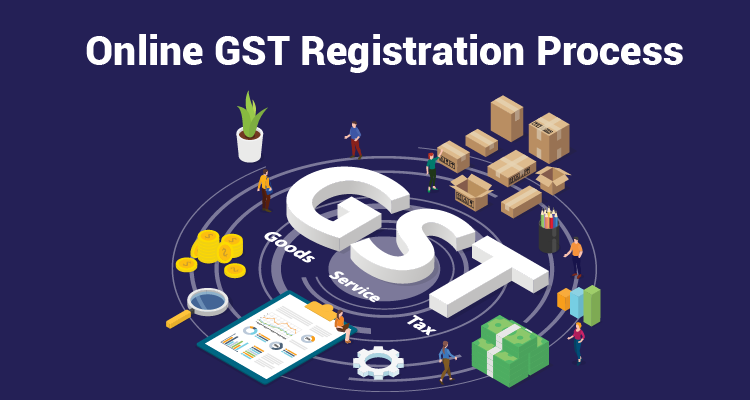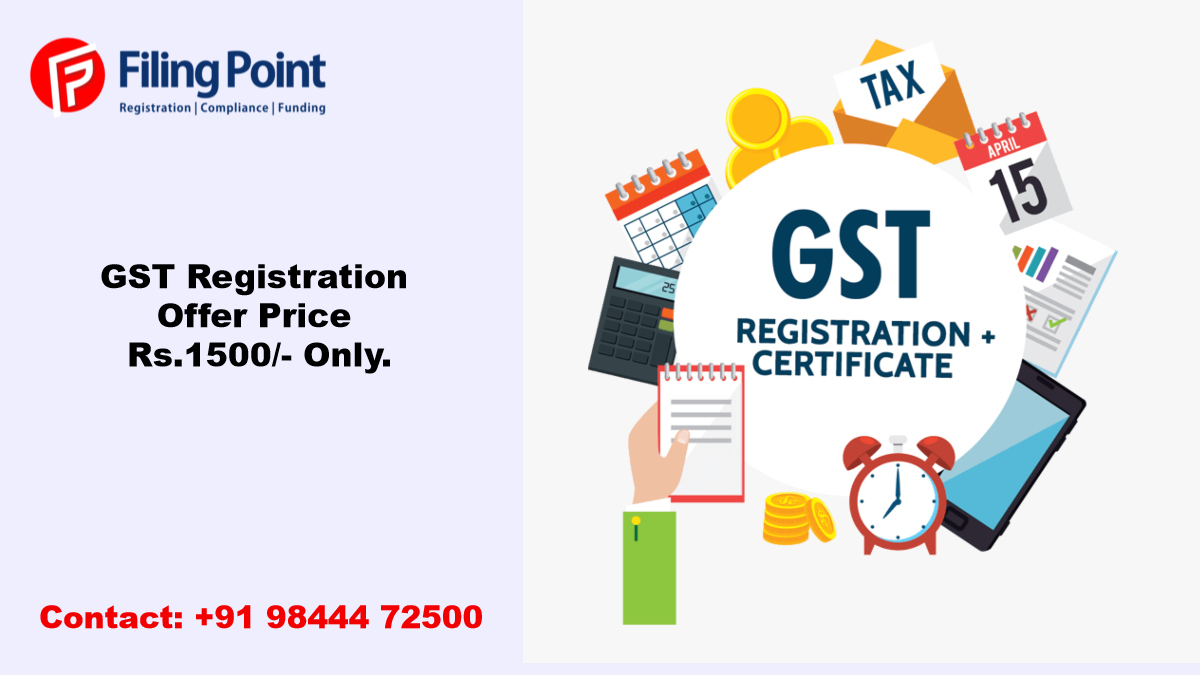How to Locate the most effective GST Registration Services in Singapore Swiftly
How to Locate the most effective GST Registration Services in Singapore Swiftly
Blog Article
From Start to Complete: The Ultimate Roadmap to GST Registration for Services Seeking Financial Security
Browsing the intricacies of Goods and Solutions Tax Obligation (GST) registration is an essential action for services making every effort for economic stability. From comprehending the basic concepts of GST to adhering to post-registration guidelines, the procedure can appear discouraging in the beginning look. Breaking down the roadmap into convenient steps can streamline the registration journey for companies looking to improve their economic standing. Allow's discover the vital parts that make up this supreme roadmap and uncover how each phase adds to laying a solid structure for economic success.
Understanding GST Essentials
Digging right into the fundamental principles of Goods and Solutions Tax Obligation (GST) is vital for acquiring a comprehensive understanding of its ramifications on companies and the economy. GST is a value-added tax levied on most products and services for domestic intake. It has changed several indirect taxes that existed in the pre-GST period, improving the tax obligation framework and improving convenience of doing organization in India. Under the GST system, both items and services are taxed at a particular rate, which is determined based upon their category. If their yearly turnover goes beyond the threshold limit established by the federal government, services are required to register for GST. Input Tax Obligation Debt (ITC) is a substantial attribute of GST, permitting companies to claim credit report for taxes paid on inputs, minimizing the total tax obligation burden. Recognizing the essentials of GST is vital for organizations to follow tax obligation laws, manage their financial resources efficiently, and add to the country's economic growth by joining a clear tax obligation system.
Qualification Criteria for Registration
To sign up for GST, companies must satisfy certain qualification standards established by the federal government. The key qualification need is that any type of company associated with the supply of goods or solutions with an annual accumulation turnover over the threshold limitation set by the authorities should sign up for GST. Since the current guidelines, the threshold limitation for GST registration is an annual aggregate turnover of 40 lakhs for businesses operating within a state, other than for special classification states where the limit is 20 lakhs. In addition, certain companies are called for to register for GST regardless of their turnover, such as interstate vendors, casual taxable individuals, and companies reliant pay tax under the reverse cost system. It is critical for companies to thoroughly examine their turnover and purchase types to determine their GST registration commitments precisely. Failure to register for GST when eligible can lead to charges and lawful consequences, making it crucial for organizations to stick to the defined eligibility requirements.
Records Required for Enrollment
Having actually satisfied the qualification criteria for GST registration, companies have to now guarantee they have the requisite documents in position to wage the enrollment process efficiently. The documents needed for GST enrollment usually include evidence of company constitution, such as partnership deed, registration certificate, or consolidation certification for different kinds of organizations. In addition, organizations need to provide files developing the principal area of business, such as a rental arrangement or power costs. Frying pan card of the service, as well as the identification and address evidence of promoters/partners/directors, are important for confirmation objectives. Bank account declarations, together with terminated cheques or a copy of the bank passbook, are needed to verify the financial page details offered throughout registration. Furthermore, businesses have to have electronic trademarks prepared for the licensed signature. Making certain all these records are arranged and conveniently available will certainly expedite the GST enrollment process, enabling organizations to comply with tax obligation regulations effortlessly.
Step-by-Step Enrollment Process
Beginning the GST registration procedure entails a series of structured steps to ensure a smooth and compliant enrollment for companies. The initial action is to check out the GST site and complete the enrollment form with exact information of business entity. Following this, the applicant obtains a Short-term Reference Number (TRN) which is utilized to resume the application process if it's not completed in one go.
Following, all called for papers according to the list provided by the GST portal demand to be uploaded. These records normally consist of evidence of organization identification, address and enrollment evidence of promoters, economic statements, and business entity's frying pan card.

Post-Registration Conformity Standards

Conclusion
Finally, organizations looking for monetary security has to understand the essentials of GST, satisfy eligibility requirements, gather essential files, follow the detailed registration process, and abide by post-registration standards - Best GST registration services in Singapore. By adhering to these steps, organizations can make sure compliance with tax obligation guidelines Recommended Reading and preserve economic security in a knockout post the future
Additionally, certain organizations are needed to register for GST irrespective of their turn over, such as interstate providers, informal taxed persons, and organizations responsible to pay tax under the reverse charge system.Having satisfied the qualification requirements for GST registration, services have to now guarantee they have the requisite documents in place to proceed with the registration procedure effectively. The files required for GST registration commonly consist of evidence of service constitution, such as collaboration deed, enrollment certificate, or unification certificate for various types of organizations. Additionally, companies require to provide records establishing the primary location of business, such as a rental contract or electrical energy costs.Commencing the GST registration process includes a collection of organized steps to guarantee a certified and smooth registration for businesses.
Report this page